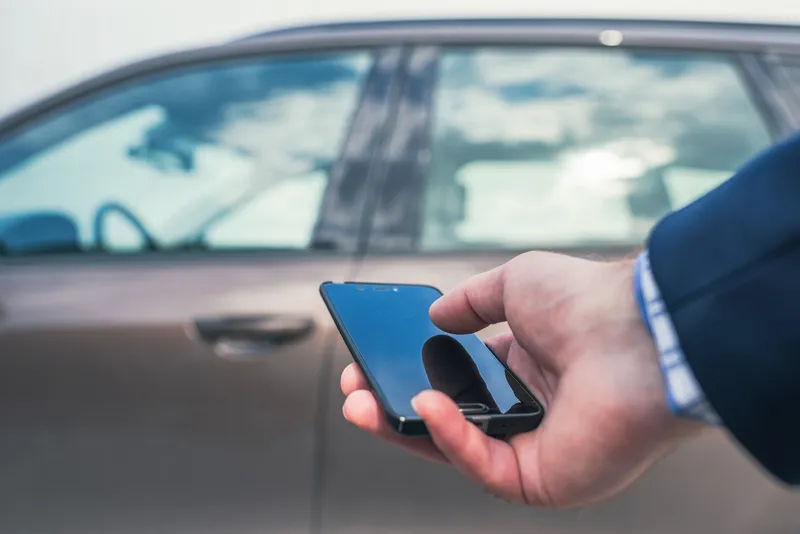Beijing-based Meituan has acquired Mobike to make bike-sharing an option for clients using the company’s ride-hailing and car-sharing services. The transaction also intends to meet the demands of daily commuters as well as their short distance travel needs. Data analytics from Meituan’s 320 million active clients revealed that most users seek out transportation services to get to and from restaurants and other local lifestyle points-of-interest. Mobike’s service, according to Davis Wang, the company’s
April 5, 2018
Read time: 1 min
Beijing-based Meituan has acquired Mobike to make bike-sharing an option for clients using the company’s ride-hailing and car-sharing services. The transaction also intends to meet the demands of daily commuters as well as their short distance travel needs.
Data analytics from Meituan’s 320 million active clients revealed that most users seek out transportation services to get to and from restaurants and other local lifestyle points-of-interest.
Mobike’s service, according to Davis Wang, the company’s chief executive officer and co-founder, aims to provide an affordable means of shared transportation for short urban trips, while reducing congestion and the carbon footprint of cities.
Once the transaction is complete, Mobike will operate as its own brand with the intention of creating a seamless short-distance travel experience for people in China and internationally.
Data analytics from Meituan’s 320 million active clients revealed that most users seek out transportation services to get to and from restaurants and other local lifestyle points-of-interest.
Mobike’s service, according to Davis Wang, the company’s chief executive officer and co-founder, aims to provide an affordable means of shared transportation for short urban trips, while reducing congestion and the carbon footprint of cities.
Once the transaction is complete, Mobike will operate as its own brand with the intention of creating a seamless short-distance travel experience for people in China and internationally.










